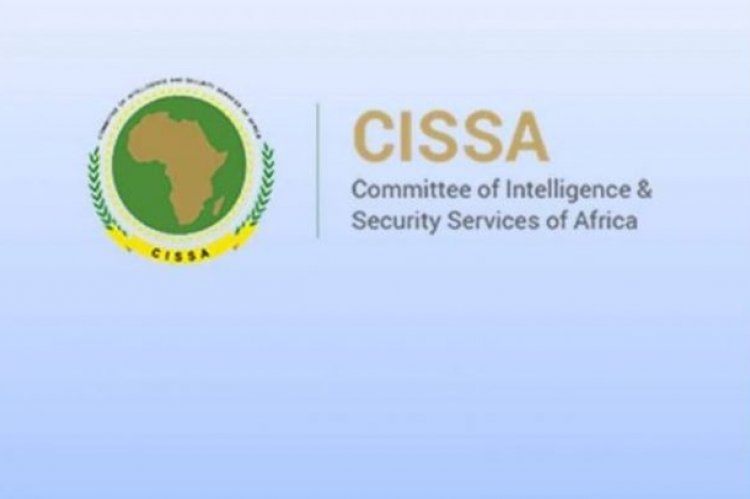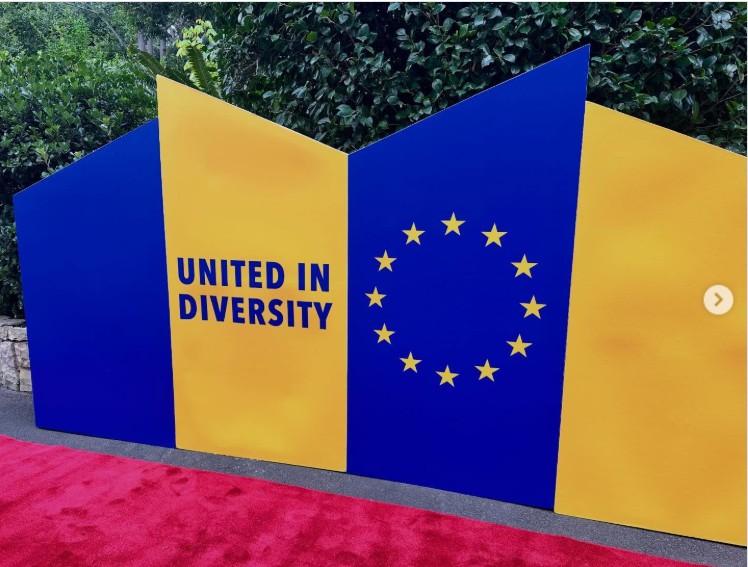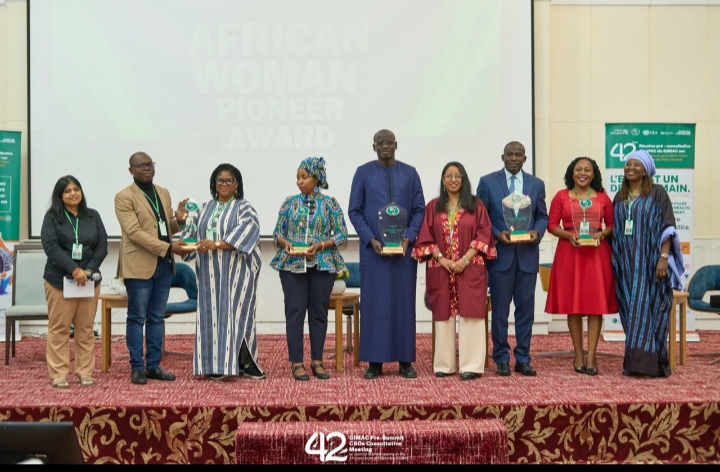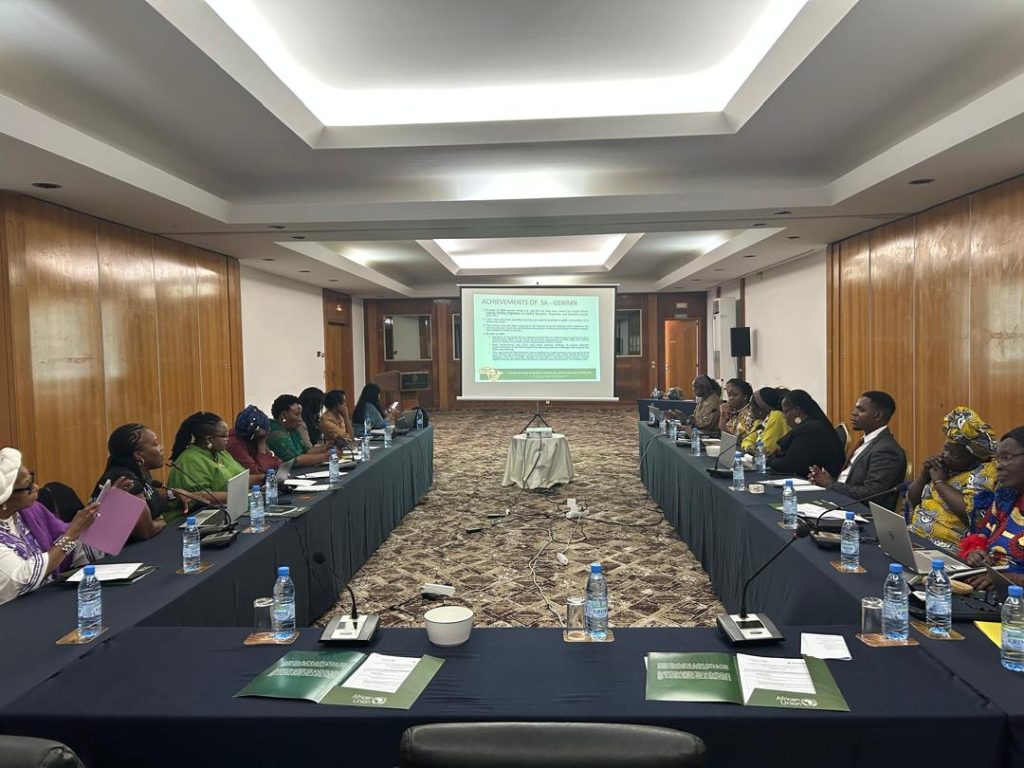It is of fundamental importance that gender perspective should be incorporated into all spheres of life in order to have a positive effect on the lives of women and girls but the decisive outcomes of these efforts need to be critically assessed. While the policies, approaches and strategies towards the empowerment of women are noble and well meaning, there is a need to identify discord and gaps, with a view to taking note of the ultimate impact these interventions have had on the lives of women.
Published in March 2016, this edited volume offers a critical review and analysis of a number of gender and empowerment focused policies and approaches implemented since 2000, and examines lessons learned from Burundi, Liberia, Rwanda, South Sudan and Uganda. Co-edited by Martha Mutisi, former Senior Researcher in the Knowledge Production Department at ACCORD and currently lecturer at the Institute of Peace, Leadership, and Governance, Africa University, Zimbabwe, and Sandra Cheldelin, professor at the School of Conflict Analysis and Resolution (S-CAR) at George Mason University, United States of America, the book calls for conceptualising gender as a social structure in policy construction. It assesses the ‘good intentions’ of policies designed and implemented with core beliefs that they will be good for women and provides an important case-based analysis of what is (and is not) working, and suggests necessary changes for gender empowerment to be sustainable. The chapters explore the extent to which women are included in peace processes and how this ultimately shapes the outcome of such processes; seek evidence of gender sensitive legislation and constitutions; analyse the gender dimension of truth and reconciliation processes; and analyse whether the inclusion of women in the public sphere has made a difference in the lives of women a girls.
The book’s critical review of the rights and protection of women and empowerment efforts is organised around initiatives in nearly a dozen African countries, as well as discussions on Egypt, Indonesia, Nepal and Sri Lanka. The analysis offers case-based data to support and encourage inclusivity and gender mainstreaming in all peace and security processes. It providers readers with a platform for comparative assessment, drawing on research from countries which espouse integrated gender-empowerment.
The volume is currently available for purchase from HSRC Press and online booksellers.








